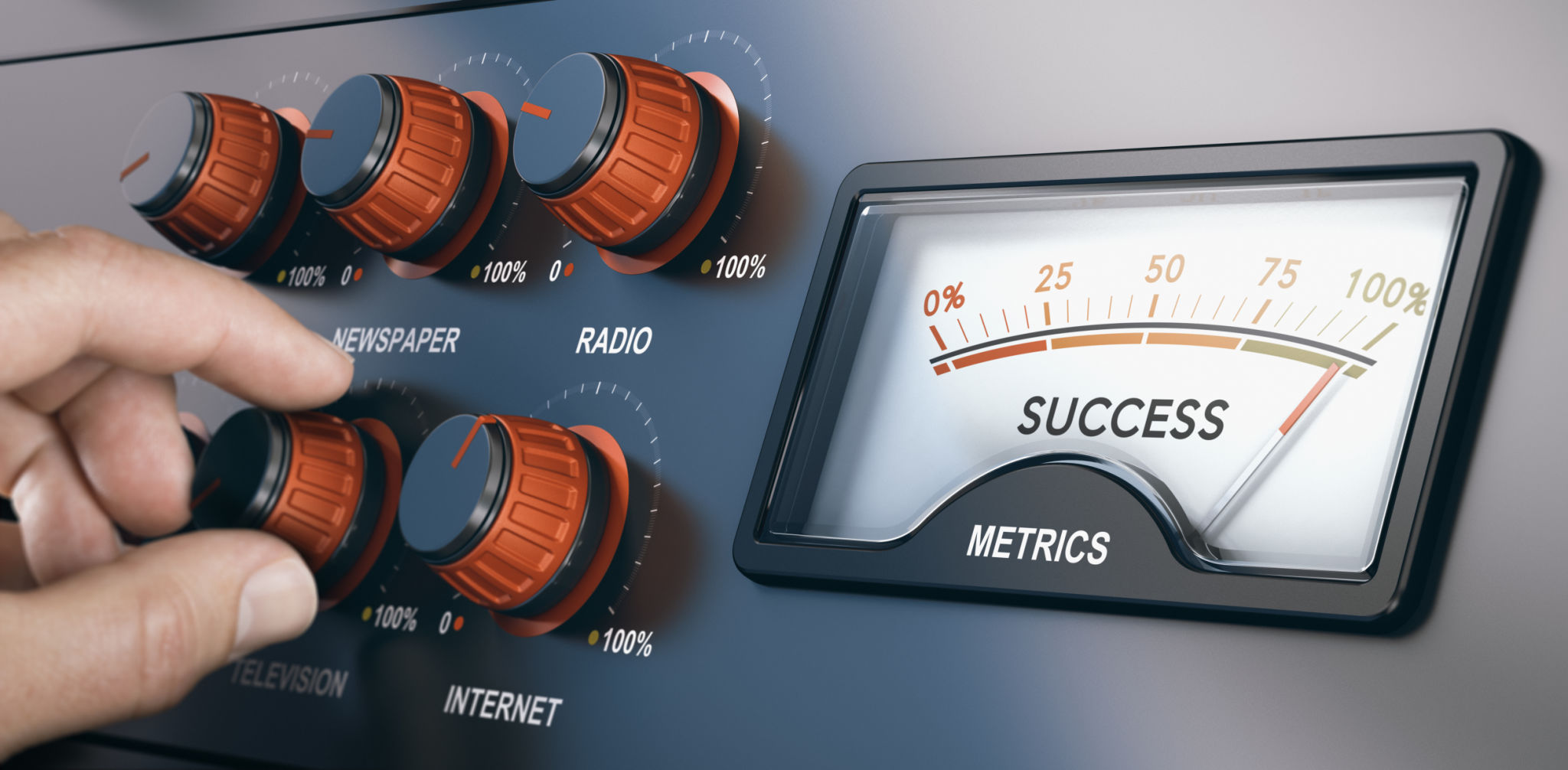Comparing Traditional vs. Digital Marketing: Which is Right for Your Business?
Understanding Traditional Marketing
Traditional marketing refers to the conventional forms of advertising that have been used for decades. This includes channels such as television, radio, newspapers, magazines, and billboards. These methods are tried and tested, often reaching a broad audience and creating a tangible presence in consumers' daily lives.
One of the key advantages of traditional marketing is its ability to reach local audiences effectively. For businesses targeting a specific geographic area, advertisements in local newspapers or on regional radio stations can be particularly beneficial. Moreover, traditional marketing often carries a sense of legitimacy and trust, as consumers have interacted with these mediums for years.

The Challenges of Traditional Marketing
Despite its benefits, traditional marketing does come with its challenges. One major drawback is the cost. Television and radio slots, as well as print ads, can be quite expensive. Additionally, measuring the effectiveness of traditional marketing efforts can be difficult. Unlike digital platforms, which provide detailed analytics, traditional marketing often lacks the ability to track precise engagement metrics.
Exploring Digital Marketing
Digital marketing encompasses all marketing efforts that use the internet or electronic devices. Businesses leverage channels like search engines, social media, email, and websites to connect with current and prospective customers. One of the most significant advantages of digital marketing is its ability to reach a global audience at a relatively low cost.

The Benefits of Digital Marketing
Digital marketing offers unparalleled flexibility and data-driven insights. Campaigns can be tailored to specific demographics and interests, enabling businesses to target their ideal audience more precisely. Additionally, digital marketing allows for real-time feedback and adjustments, ensuring that businesses can optimize their strategies on the fly.
Social media platforms like Facebook and Instagram provide opportunities for direct interaction with consumers, fostering engagement and building brand loyalty. Moreover, digital marketing efforts can be easily scaled up or down based on budget and performance needs.
Finding the Right Fit for Your Business
When deciding between traditional and digital marketing, it's important to consider your business goals, target audience, and budget. For some businesses, a combination of both may be the most effective strategy.

When to Use Traditional Marketing
If your business primarily serves a local community or caters to an older demographic that may not be as active online, traditional marketing could be the right fit. Industries such as real estate, automotive sales, and restaurants often benefit from local radio spots or print ads in community newspapers.
When to Opt for Digital Marketing
On the other hand, if your business operates online or aims to reach a younger, tech-savvy audience, digital marketing should be your go-to strategy. E-commerce businesses, tech startups, and companies targeting millennials or Gen Z will find digital channels particularly effective.
Ultimately, understanding your audience and objectives will guide your choice between traditional and digital marketing. By leveraging the strengths of each approach or combining them strategically, you can create a comprehensive marketing plan that drives results.